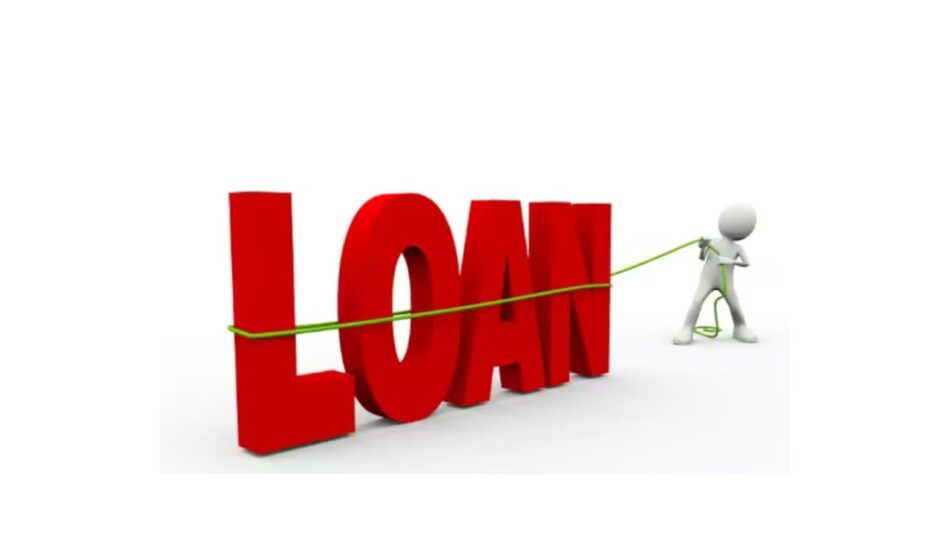For many self-employed individuals, securing a loan can feel like an uphill battle. Traditional lenders often rely heavily on income verification through payslips, tax returns, or employer statements. But freelancers, gig workers, small business owners, and contractors rarely have the kind of consistent, documented income that banks want to see. The good news? There are still viable options available. In this post, we’ll explore loans for self employed with no proof of income, the types of financing available, and practical tips to increase your chances of approval.
Why Traditional Lenders Hesitate
Banks and credit unions are risk-averse by nature. They want evidence that a borrower can reliably repay a loan, and proof of income serves as that evidence. When you’re self-employed, your earnings may fluctuate month to month, making it difficult to present a stable income history. Missing or incomplete tax filings, inconsistent business documentation, or cash-based income can further complicate things.
As a result, many self-employed borrowers are turned away or offered less favorable loan terms. However, alternative lending options have evolved to fill this gap, catering specifically to freelancers and small business owners who lack conventional documentation.
Types of Loans for the Self-Employed Without Income Proof
- Secured Personal Loans
If you can’t show regular income, a secured loan backed by collateral — such as a car, property, or savings account — may be a good option. The collateral reduces the lender’s risk, making approval easier even without traditional proof of income. However, defaulting on the loan could result in losing the asset, so this route requires careful consideration. - Low-Doc or No-Doc Loans
Some lenders offer what’s called “low-documentation” (low-doc) or “no-documentation” loans. Instead of tax returns or payslips, you might be asked for alternative evidence such as bank statements, invoices, business activity statements (BAS), or a letter from your accountant verifying your income range. These loans typically carry higher interest rates because they involve greater risk to the lender. - Business Loans for the Self-Employed
If you operate as a sole trader or small business, business loans can be a flexible choice. Lenders may evaluate your business’s cash flow, transaction history, and client contracts rather than personal income. Online lenders, fintech platforms, and peer-to-peer lending networks often specialize in providing such financing. - Credit Lines and Credit Cards
Another useful alternative is a revolving line of credit or a self-employed business credit card. These products allow you to borrow small amounts as needed and build a repayment history, which can strengthen your financial profile for future loan applications.
How to Strengthen Your Application
Even without formal income proof, you can improve your chances of getting approved by preparing other forms of documentation that demonstrate your financial reliability:
- Bank Statements: Showing consistent deposits from clients or customers over several months can serve as proof of income stability.
- Invoices and Contracts: Presenting long-term client agreements or recurring invoices shows ongoing work and expected future earnings.
- Credit Score: Maintaining a strong credit history goes a long way toward building lender confidence.
- Collateral: Offering assets as security can significantly increase approval odds and reduce interest rates.
- Co-Signer or Guarantor: If possible, having someone with stable income co-sign your loan application can strengthen it further.
The Role of Alternative and Online Lenders
In recent years, online lenders have revolutionized access to credit for self-employed individuals. Many of these platforms use technology to analyze broader financial data — including cash flow patterns, digital transaction records, and even customer reviews — to assess creditworthiness. The approval process is often faster, more flexible, and less reliant on traditional documentation.
Key Takeaways
Securing a loan without proof of income isn’t impossible — it just requires creativity, preparation, and the right lender. Start by understanding your financial situation, gather all available records of your earnings, and explore multiple lending options. Whether it’s a secured loan, a low-doc loan, or a business-focused product, there are pathways to financing that recognize the realities of self-employment.









